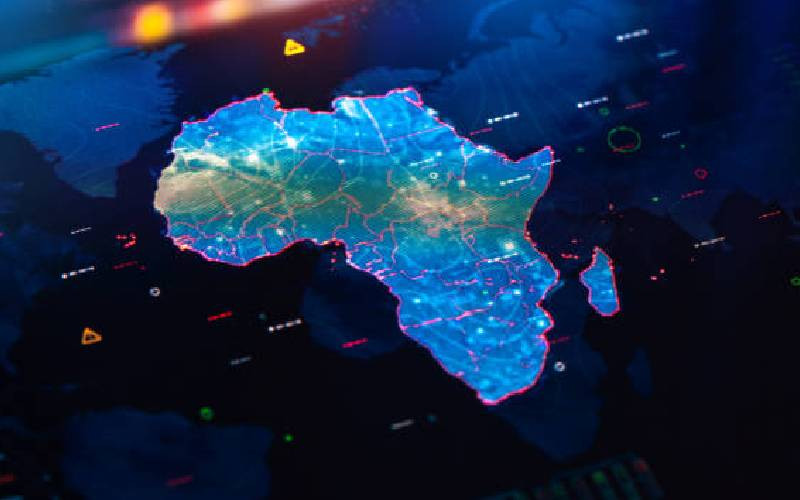×
The Standard e-Paper
Home To Bold Columnists

In a world dislocating itself, competing extra-continental forces give African states paternalizing attention.
They summon African leaders to their capitals for pep-talks on how to behave towards them or their respective rivals. The assembled leaders then look like naughty school children in need of regular reminding of good international behaviour that favours the host.